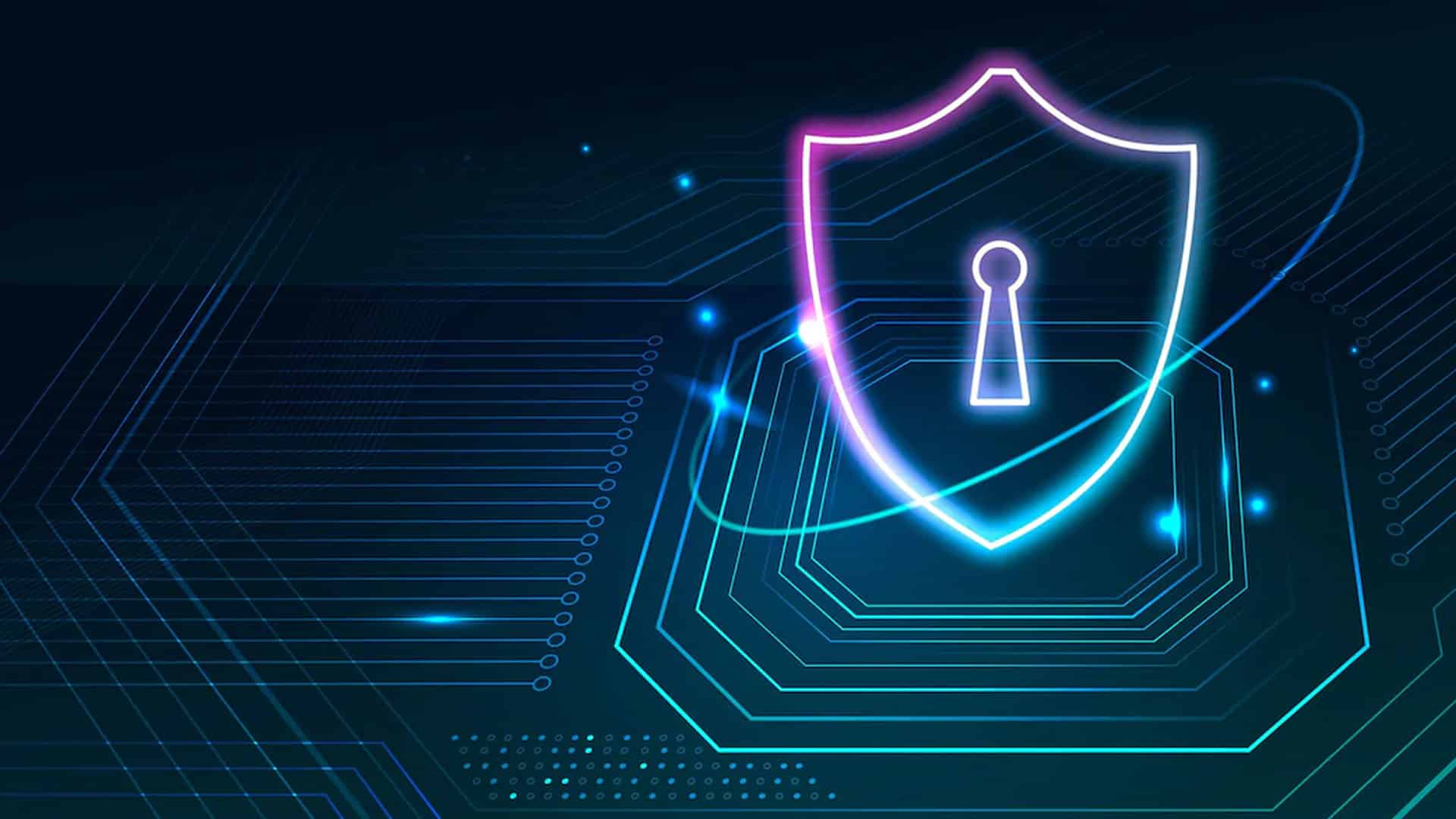Cybersecurity
Cybersecurity Could Emerge as the Biggest Challenge In 2023
A robust cybersecurity framework such as Zero Trust and FIDO authentication can help safeguard valuable data and will be fundamental for improving the overall state of cybersecurity in India.
Security risks for businesses have risen dramatically as companies go agile and expand hybrid working, prompting the remodelling of their data security systems and overall cybersecurity. Frameworks such as Zero Trust and FIDO authentication are worth looking at as, over the next few years, advancements in technology will cause a substantial increase in IT investments within businesses across all sectors.
It is estimated that by 2022, spending on digital transformation technologies will amount to a gargantuan $1.8 trillion. If the rapid growth is opening up new opportunities, it also has an added element of risk of doing business in the connected world. Cybercriminals are taking advantage of new and advanced methods to cause considerable damage to organisations’ reputations, which could potentially cause huge financial losses. For businesses, taking the right preventive steps and investing in security measures is just another part of doing business.
India has been one of the most vulnerable countries to cyberattacks since the pandemic, as a staggering 68 per cent of companies in the country have experienced some form of attack on their data. Additionally, a report by cybersecurity firm Sophos mentions that a remarkable seven out of ten Indian firms suffered from a ransomware attack in the previous year. India’s Computer Emergency Response Team (CERT-IN) reported that in the first half of 2022, over 674,000 cybersecurity incidents occurred in the country. According to PwC’s latest Global Digital Trust Insights, 82 per cent of business executives in India anticipate an increase in the cyber security budget by 2023. The survey also revealed that 65 per cent of these executives believe cybercriminals will have a bigger impact on their organisations in 2023 than they did in 2022.
Connectivity sees no boundaries
The risk to enterprises in an evolving world without boundaries is more complex and sophisticated than ever before. More organisations increasingly rely on cloud infrastructure, leveraging cloud apps and platforms. Security teams are additionally tasked with protecting their companies from sophisticated ransomware attacks while managing their IoT device-centric environments. For companies that adopt the cloud, users continue to be the primary cause of potential risk. It could result from unintended platform modifications to changing access to data. Insider threats continue to remain active over the last 12 months while insiders are leveraging cloud apps to access data through personal email and sharing platforms. The pandemic has resulted in a rapid increase in digital payments in India, which has become a target for cybercriminals. Businesses of all sizes have embraced digitised payment methods, which are both convenient and contactless, and customers have responded favourably by making use of these methods.
Bigger cost, higher damage IBM’s Cost of a Data Breach Report 2021 found that the number of cybercrimes has increased sixfold since the pandemic began. This has also caused the average cost of data breaches to rise from $3.89 million to $4.96 million. With half of employees working remotely during this time, it took an extra 58 days to detect and contain security breaches. As a result, the cost of properly protecting businesses is expected to reach a total of $433 billion by 2030. With 5G becoming commonplace, data privacy could become a major issue. Due to the increase in data transfer, which could leave nodes exposed to more expensive and damaging attacks. As companies strive to enhance accessibility, resilience, and agility, it opens up potentially more damaging opportunities for attackers.
As digital transformation becomes increasingly important, companies must be aware of the rising risk of cyberattacks. A robust cybersecurity framework such as Zero Trust and FIDO authentication can help safeguard valuable data and will be fundamental for improving the overall state of cybersecurity in India.









































Pingback: Meta acts on 2.29 cr content pieces on Facebook, Insta in Nov; account hacking complaints top chart